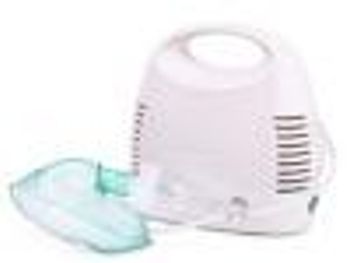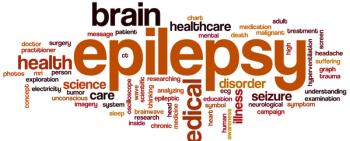
Americans make many assumptions about aging, and health care providers are no exception.

Americans make many assumptions about aging, and health care providers are no exception.

Difficulty with several aspects of nebulizer use creates treatment hurdles for patients.

COPD patients must clear major hurdles before and after initiating nebulizer use.

Link found between produce consumption and blood biomarkers.

Gastroprotective agents may be needed in postmenopausal women taking bisphosphonates.

Many patients with depressive disorders self-treat with complementary and alternative medicine.

Phenylephrine hydrochloride is a recognized contact allergen with symptoms remarkably similar to those of a cold.

When reporting diet and exercise, patients may feel pressured to say what they think clinicians want to hear.

Controlling seizures is critical for patients with epilepsy, but side effects of antiepileptic drugs are another tremendous concern.

Pharmacists who work with ACS patients should get familiar with this latest guideline.

Efforts are being made to ensure that health care providers deliver the right care at the right time.

Well-trained pharmacists can successfully screen patients for COPD in the community setting.

Well-trained pharmacists can successfully screen patients for COPD in the community setting.

Any intervention that significantly improves difficult, disabling depressive symptoms could improve quality of life for bipolar patients.

Completion rates remain lower than rates reported in clinical trials.

Pharmacists are positioned to educate and monitor older patients who are discharged on these medications.

Advances in treatment for chronic hepatitis C virus have been breaking news in the last few years.

Diabetes mellitus diagnoses are soaring in numbers, with the elderly population disproportionately affected. The APhA featured a case-based presentation at its 2015 annual meeting in San Diego, CA, that discussed diabetes management's complexities in older adults.

With many blockbuster biologics' patents expiring, pharmacists must educate themselves so they can properly inform patients about the safe and effective use of biosimilars.

Few studies have examined whether compulsory community treatment meets its goals of improved clinical outcomes, better social functioning, and reduced health service use.

Many children with food allergies develop micronutrient deficiencies.

Epilepsy has scores of factors, each leading to different treatment strategies and complicating the development of an evidence-based approach to seizure control.

Patients with healthy diets may be more likely to use supplements.

Left untreated, depression can become chronic and refractory.

Some researchers have proposed that vitamin E and selenium supplements may inhibit cataract formation.

Regulators and stakeholders frequently debate the utility and effectiveness of OTC cough preparations.

Many regulatory and professional organizations monitor hospitals for compliance to treatment guidelines, equating the use of evidence-based processes to high-quality care.

Post-exposure prophylaxis has proven to be effective.

Since patients with Barrett's esophagus seem to progress to cancerous stages faster than others, health care professionals might perceive that controlling acid reflux would prevent the transition.

With the wide selection of available inhalers, this article sheds light on factors that can influence COPD treatment success.